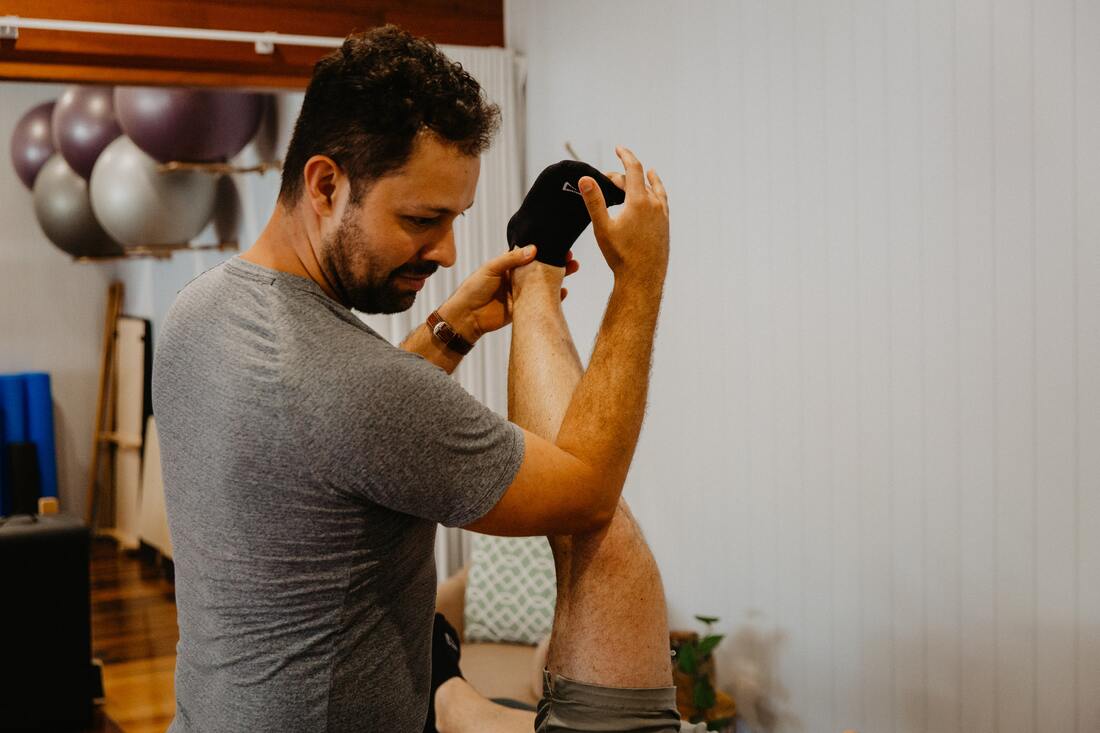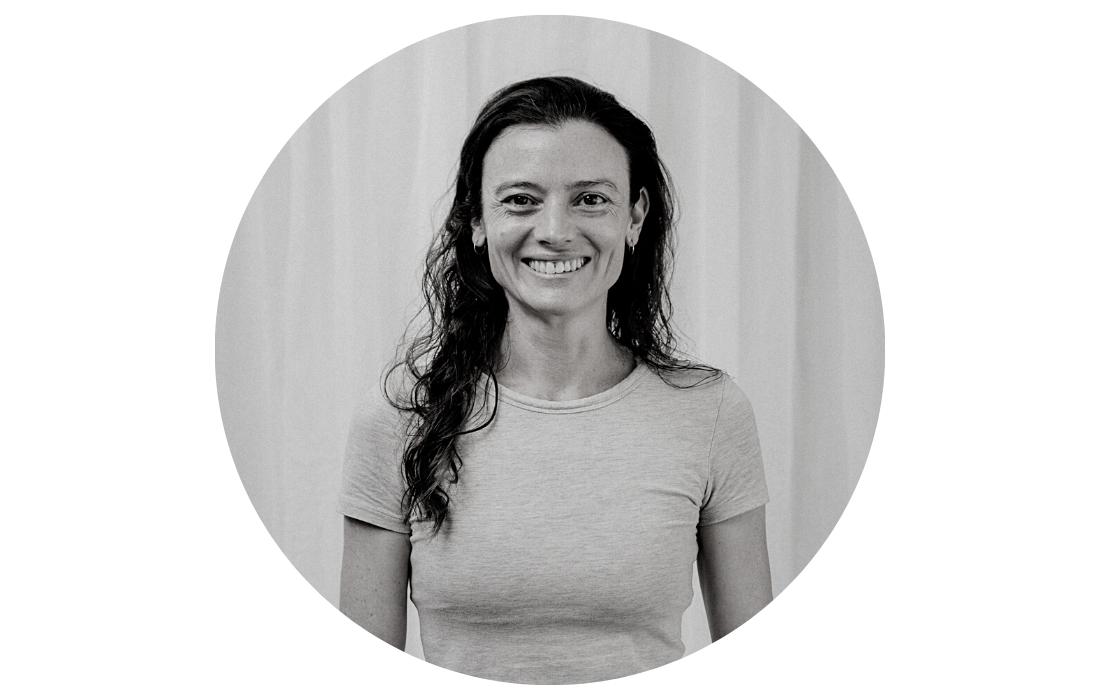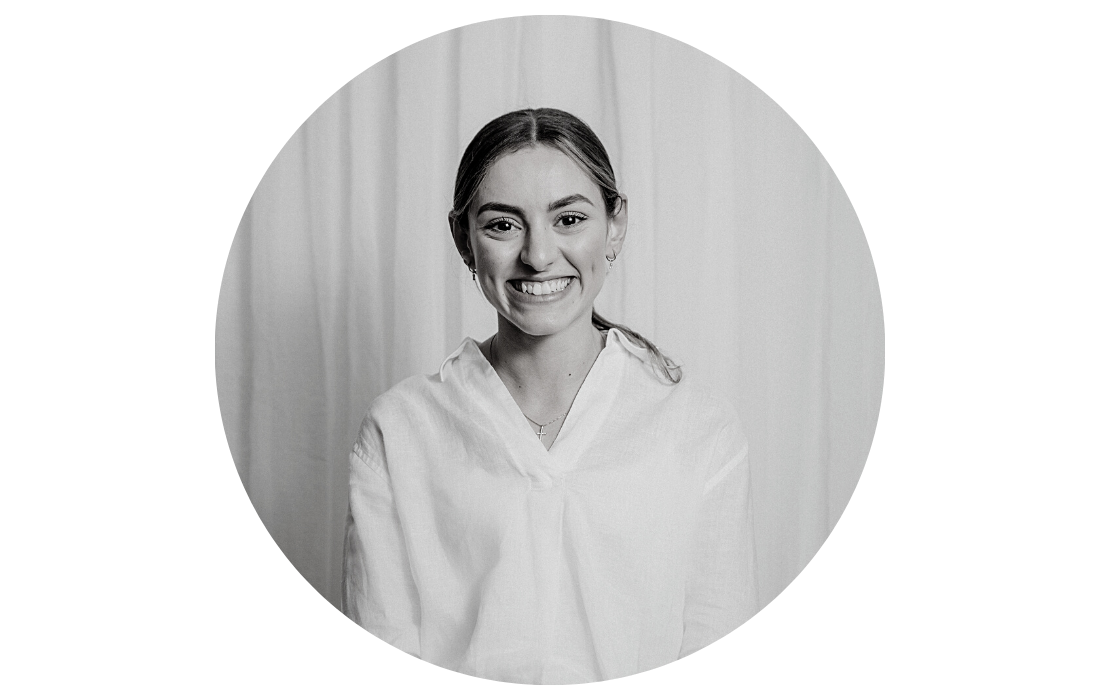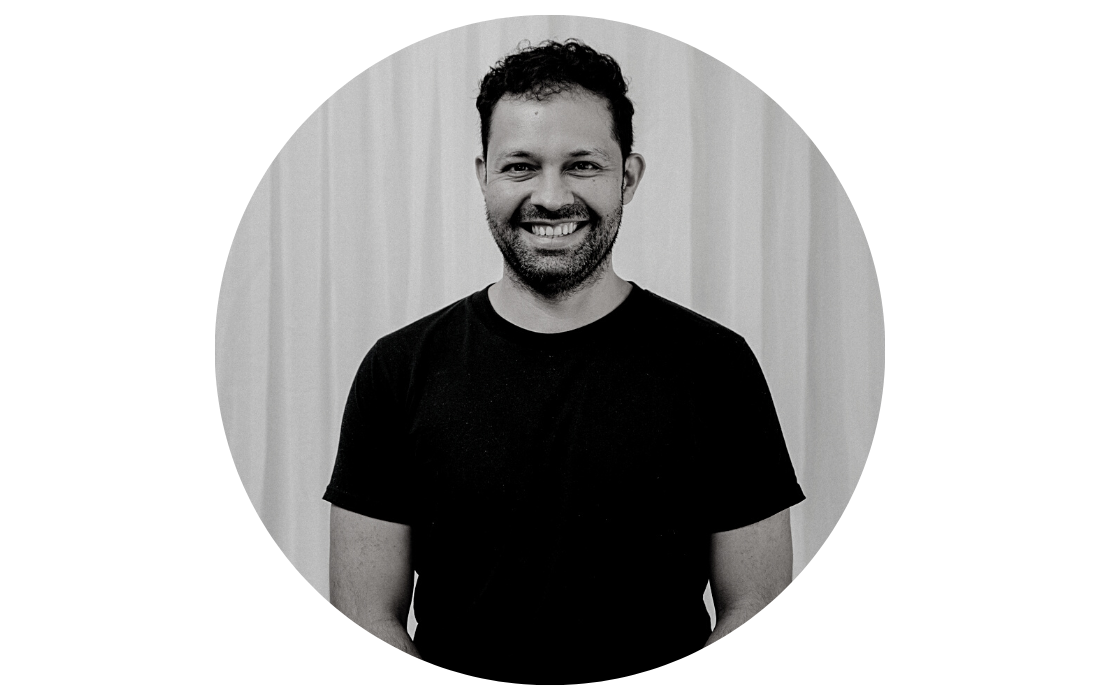Physiotherapy for Achilles Tendinopathy.
What is Achilles Tendinopathy?
Achilles tendinopathy is a common overuse injury that affects the Achilles tendon, which is the largest tendon in the human body. The Achilles tendon connects the calf muscles to the heel bone and is responsible for pushing off the ground during activities such as walking, running, and jumping. Achilles tendinopathy is characteriaed by pain, stiffness, and swelling in the back of the ankle, which can limit movement and impair athletic performance.
Causes of Achilles Tendinopathy:
Achilles tendinopathy is usually caused by overuse and repetitive strain on the tendon. Activities that require sudden changes in direction, jumping or running, as well as those that involve sudden acceleration or deceleration, put stress on the Achilles tendon. Other factors that may contribute to the development of Achilles tendinopathy include:
How is Achilles Tendinopathy diagnosed?
Diagnosing Achilles tendinopathy involves a thorough clinical examination by a qualified healthcare professional, such as a physiotherapist. During the assessment, the physiotherapist will take a detailed medical history and perform a physical examination to identify signs of Achilles tendinopathy, such as tenderness, swelling, and pain with activity. In some cases, diagnostic imaging, such as an ultrasound or MRI, may be necessary to confirm the diagnosis and rule out other conditions that may mimic Achilles tendinopathy.
How can physiotherapy help after Achilles Tendinopathy diagnosis?
Physiotherapy is a highly effective treatment for Achilles tendinopathy and can help to alleviate pain, improve function, and prevent recurrence. A physiotherapist will design a tailored treatment plan that may include a combination of manual therapy techniques, such as massage, mobilisation, and stretching, as well as an exercise program to strengthen and stabilise the ankle and surrounding muscles. Physiotherapists may also use other modalities such as dry needling, to enhance healing and reduce pain.
Prevention Strategies:
There are several things individuals can do to reduce their risk of developing Achilles tendinopathy, including:
Prognosis and Recovery:
The prognosis for Achilles tendinopathy is generally good with proper management, and most people can expect to make a full recovery. However, recovery time can vary depending on the severity of the injury and the presence of any underlying medical conditions. Mild cases of Achilles tendinopathy may resolve with rest, ice, and stretching, while more severe cases may require physiotherapy, medication, or surgery. It is important to follow the treatment plan recommended by a healthcare professional to ensure a safe and timely recovery. Additionally, it is important to address any contributing factors, such as poor biomechanics or training techniques, to reduce the risk of recurrence.
How can clinical Pilates help with Achilles Tendinopathy?
Clinical Pilates is a form of exercise therapy that focuses on improving core stability, balance, and posture through a series of low-impact, controlled movements. Clinical Pilates can be an effective adjunct to physiotherapy for the management of Achilles tendinopathy, as it can help to improve ankle and foot biomechanics, increase strength and flexibility, and enhance neuromuscular control. Clinical Pilates can also be used as a preventative measure to reduce the risk of future injuries and improve overall athletic performance.
If you are experiencing achilles pain and think you may have achilles tendinopathy it is important to seek treatment as soon as possible. Our experienced team of physiotherapists at Coorparoo and Tarragindi would love to help. Book online via the link below, call us on 07 3706 3407 or email [email protected].
Achilles tendinopathy is a common overuse injury that affects the Achilles tendon, which is the largest tendon in the human body. The Achilles tendon connects the calf muscles to the heel bone and is responsible for pushing off the ground during activities such as walking, running, and jumping. Achilles tendinopathy is characteriaed by pain, stiffness, and swelling in the back of the ankle, which can limit movement and impair athletic performance.
Causes of Achilles Tendinopathy:
Achilles tendinopathy is usually caused by overuse and repetitive strain on the tendon. Activities that require sudden changes in direction, jumping or running, as well as those that involve sudden acceleration or deceleration, put stress on the Achilles tendon. Other factors that may contribute to the development of Achilles tendinopathy include:
- Wearing inappropriate footwear or shoes that do not provide adequate support
- Poor ankle and foot biomechanics, such as flat feet or overpronation
- Tight calf muscles or weak calf muscles
- Age-related changes that lead to a decrease in tendon flexibility and blood supply
How is Achilles Tendinopathy diagnosed?
Diagnosing Achilles tendinopathy involves a thorough clinical examination by a qualified healthcare professional, such as a physiotherapist. During the assessment, the physiotherapist will take a detailed medical history and perform a physical examination to identify signs of Achilles tendinopathy, such as tenderness, swelling, and pain with activity. In some cases, diagnostic imaging, such as an ultrasound or MRI, may be necessary to confirm the diagnosis and rule out other conditions that may mimic Achilles tendinopathy.
How can physiotherapy help after Achilles Tendinopathy diagnosis?
Physiotherapy is a highly effective treatment for Achilles tendinopathy and can help to alleviate pain, improve function, and prevent recurrence. A physiotherapist will design a tailored treatment plan that may include a combination of manual therapy techniques, such as massage, mobilisation, and stretching, as well as an exercise program to strengthen and stabilise the ankle and surrounding muscles. Physiotherapists may also use other modalities such as dry needling, to enhance healing and reduce pain.
Prevention Strategies:
There are several things individuals can do to reduce their risk of developing Achilles tendinopathy, including:
- Gradually increasing the intensity, frequency, and duration of activity
- Wearing proper footwear that provides adequate support and cushioning
- Stretching the calf muscles before and after exercise
- Strengthening the calf muscles through exercises such as heel raises
- Incorporating rest days and recovery periods into training schedules
- Consulting a healthcare professional or coach to ensure proper training techniques and biomechanics
Prognosis and Recovery:
The prognosis for Achilles tendinopathy is generally good with proper management, and most people can expect to make a full recovery. However, recovery time can vary depending on the severity of the injury and the presence of any underlying medical conditions. Mild cases of Achilles tendinopathy may resolve with rest, ice, and stretching, while more severe cases may require physiotherapy, medication, or surgery. It is important to follow the treatment plan recommended by a healthcare professional to ensure a safe and timely recovery. Additionally, it is important to address any contributing factors, such as poor biomechanics or training techniques, to reduce the risk of recurrence.
How can clinical Pilates help with Achilles Tendinopathy?
Clinical Pilates is a form of exercise therapy that focuses on improving core stability, balance, and posture through a series of low-impact, controlled movements. Clinical Pilates can be an effective adjunct to physiotherapy for the management of Achilles tendinopathy, as it can help to improve ankle and foot biomechanics, increase strength and flexibility, and enhance neuromuscular control. Clinical Pilates can also be used as a preventative measure to reduce the risk of future injuries and improve overall athletic performance.
If you are experiencing achilles pain and think you may have achilles tendinopathy it is important to seek treatment as soon as possible. Our experienced team of physiotherapists at Coorparoo and Tarragindi would love to help. Book online via the link below, call us on 07 3706 3407 or email [email protected].
If you are unsure about which appointment type is right for you, please don't hesitate to get in touch with our friendly reception staff by calling 07 3706 3407 or emailing [email protected].
Who to book in with:
Emma Cameron
|
Monica Hanna.
|
Mauricio Bara
|



